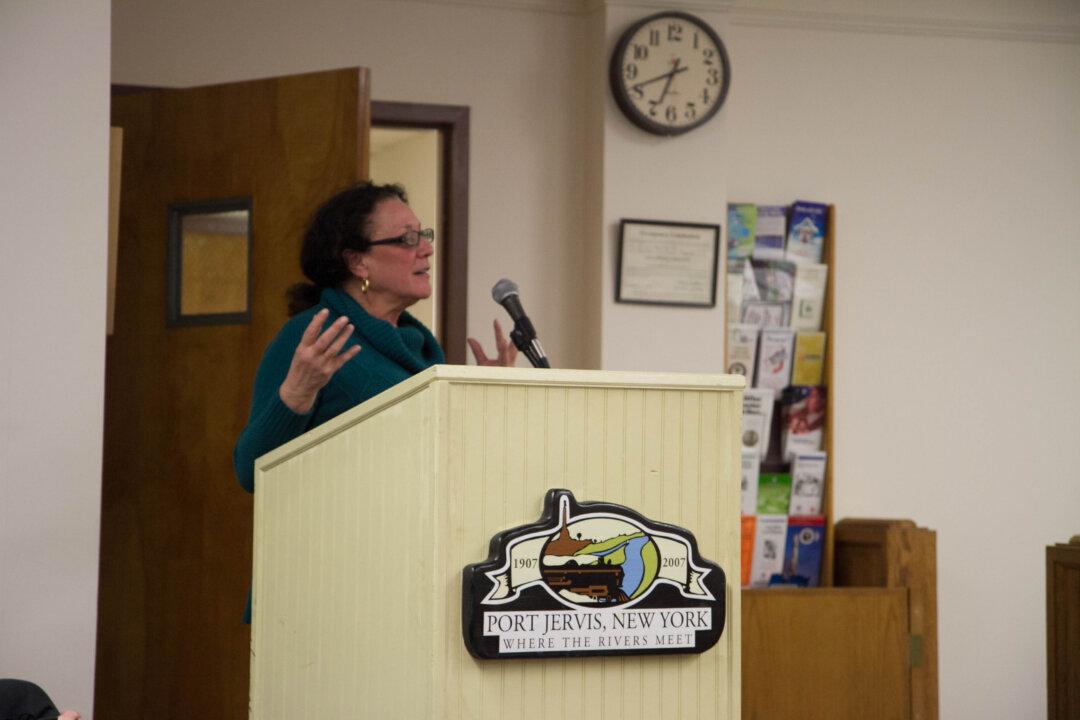PORT JERVIS—Eight people spoke before a packed room in the Port Jervis Common Council chambers Feb. 25 in a brainstorm session about what to do with city-owned properties that the city hopes to see back on the tax roles under good ownership. They are dealing with a problem faced by cities throughout Orange County.
The city withheld 31 properties from the 2015 tax lien sale with the idea that it could refurbish and sell them to new owners.
My intention is not money making, my intention is to get good homeowners in houses.





